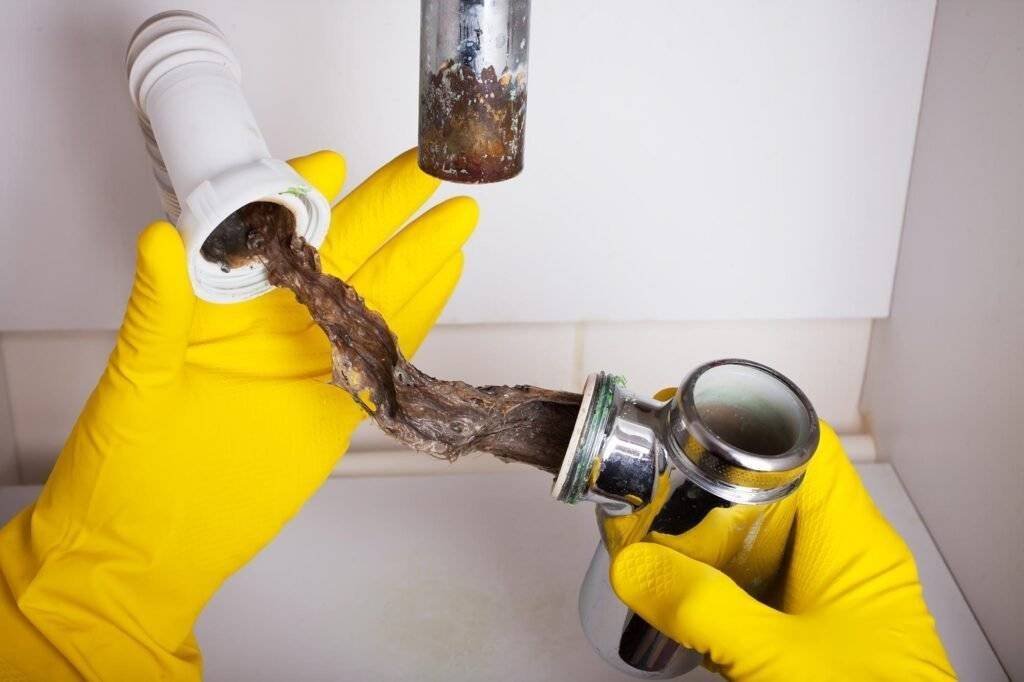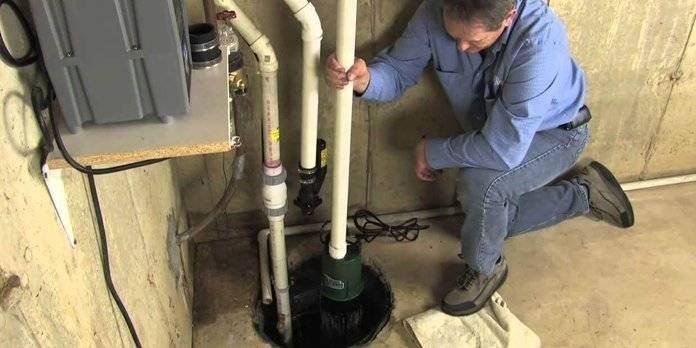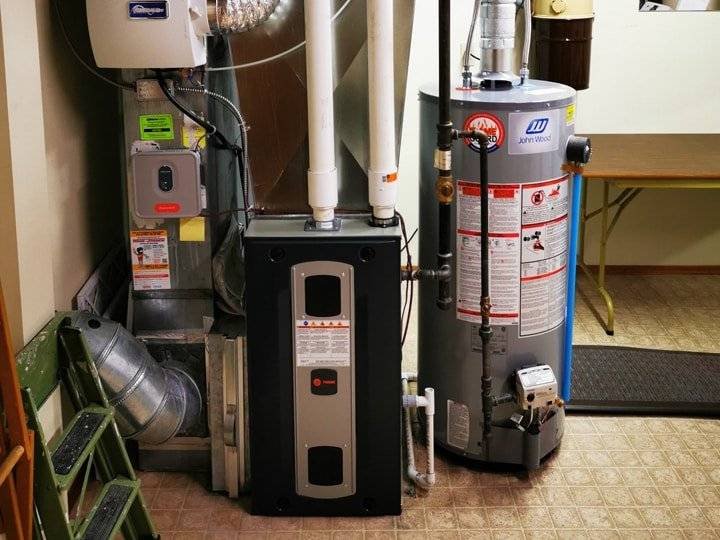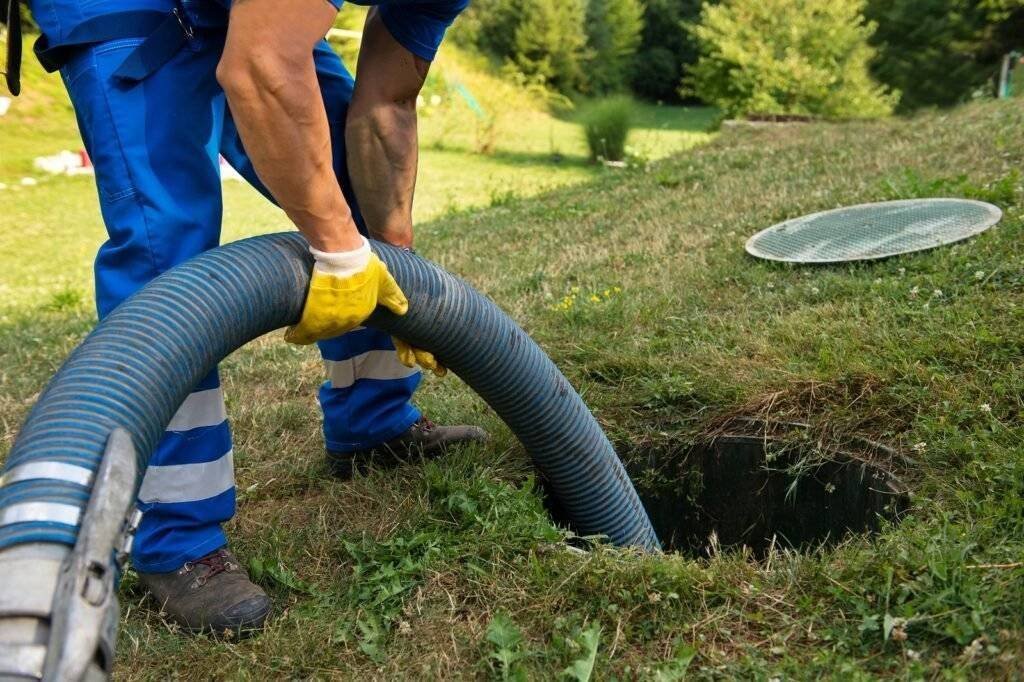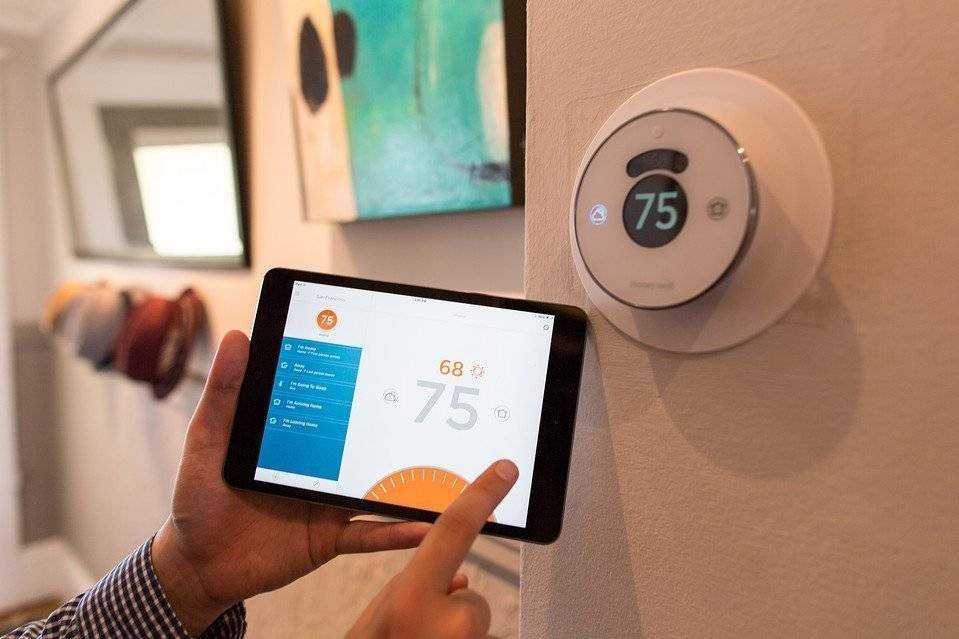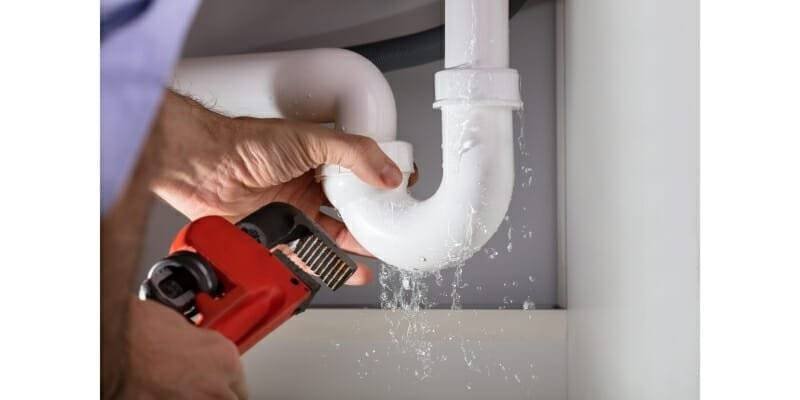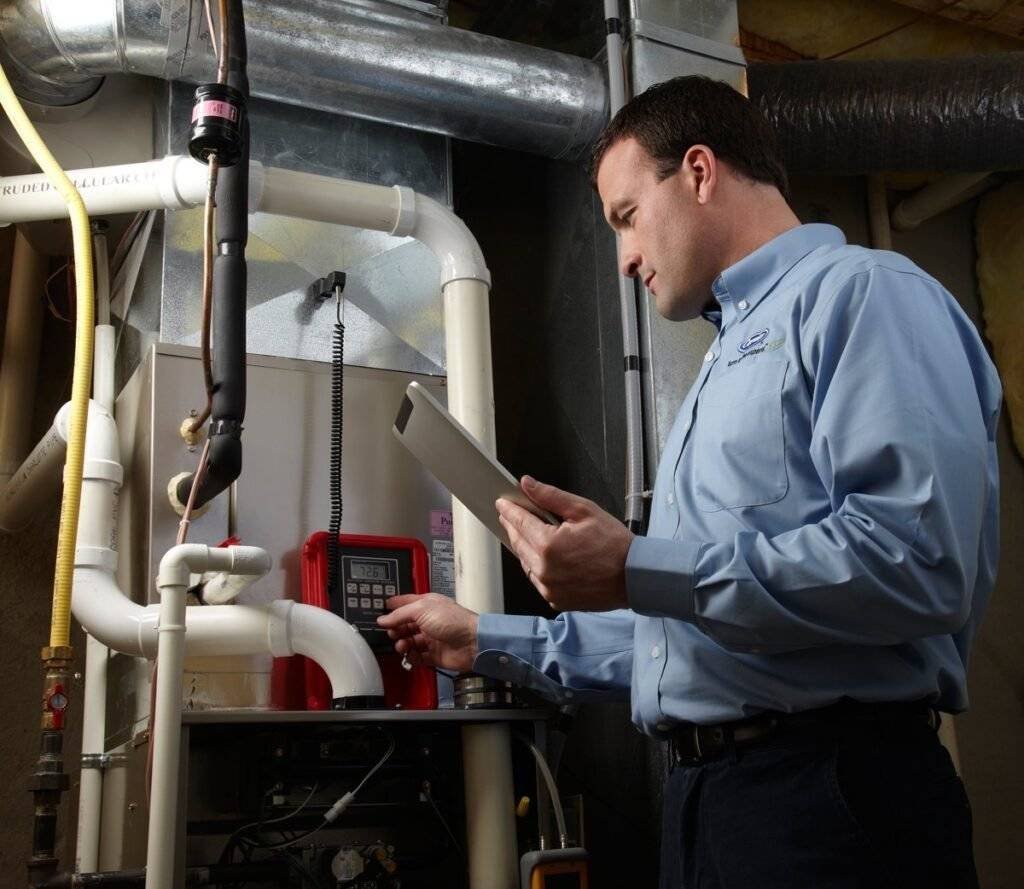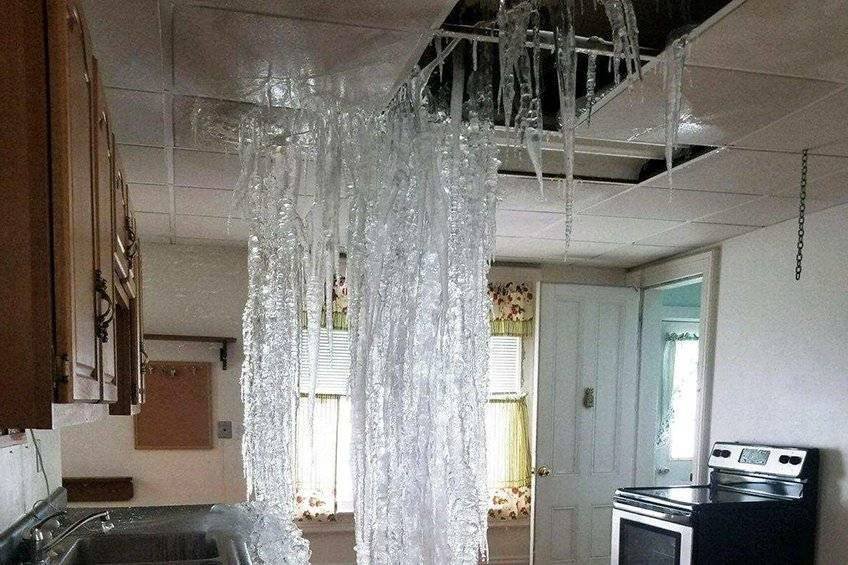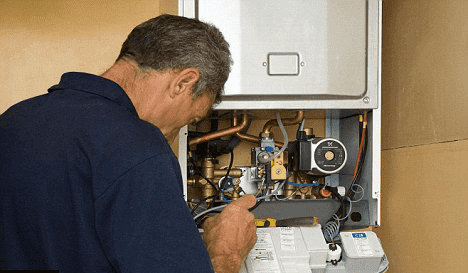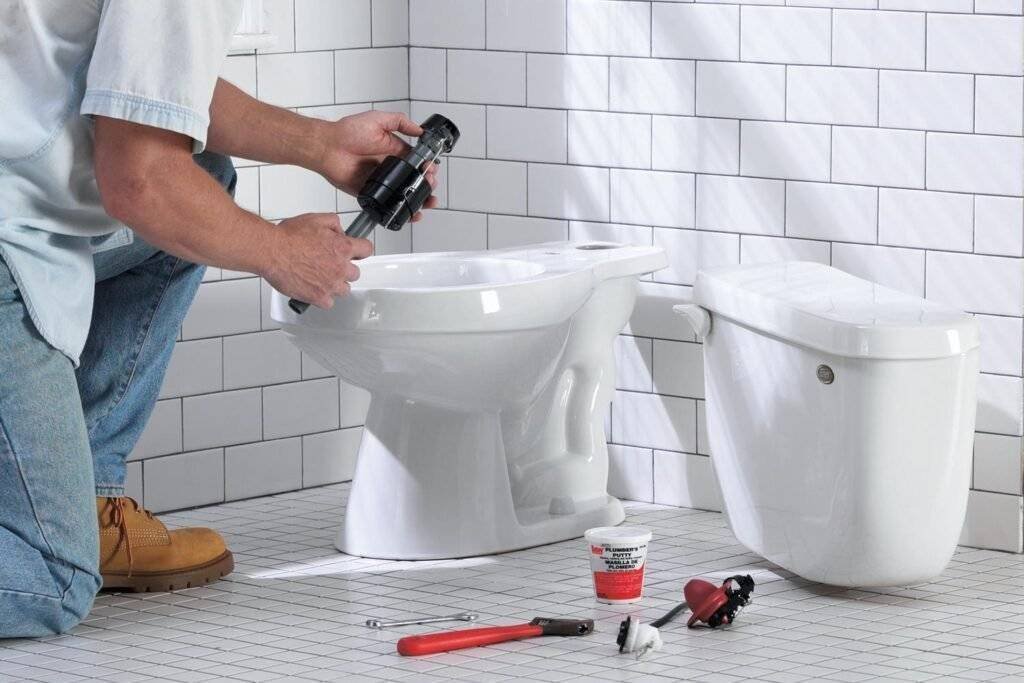Emergency Plumbing Bretona | Fast and Trusted Solutions
Emergency Plumbing in Bretona shines by offering 24/7 service, deep knowledge, steady quality commitment, uncomplicated pricing, a wide range of services, active participation in the local neighborhood, rapid reaction, and a commitment to customer joy. Together, these qualities establish Emergency Plumbing as a trusted and esteemed service provider for all of Bretona's plumbing and heating needs.
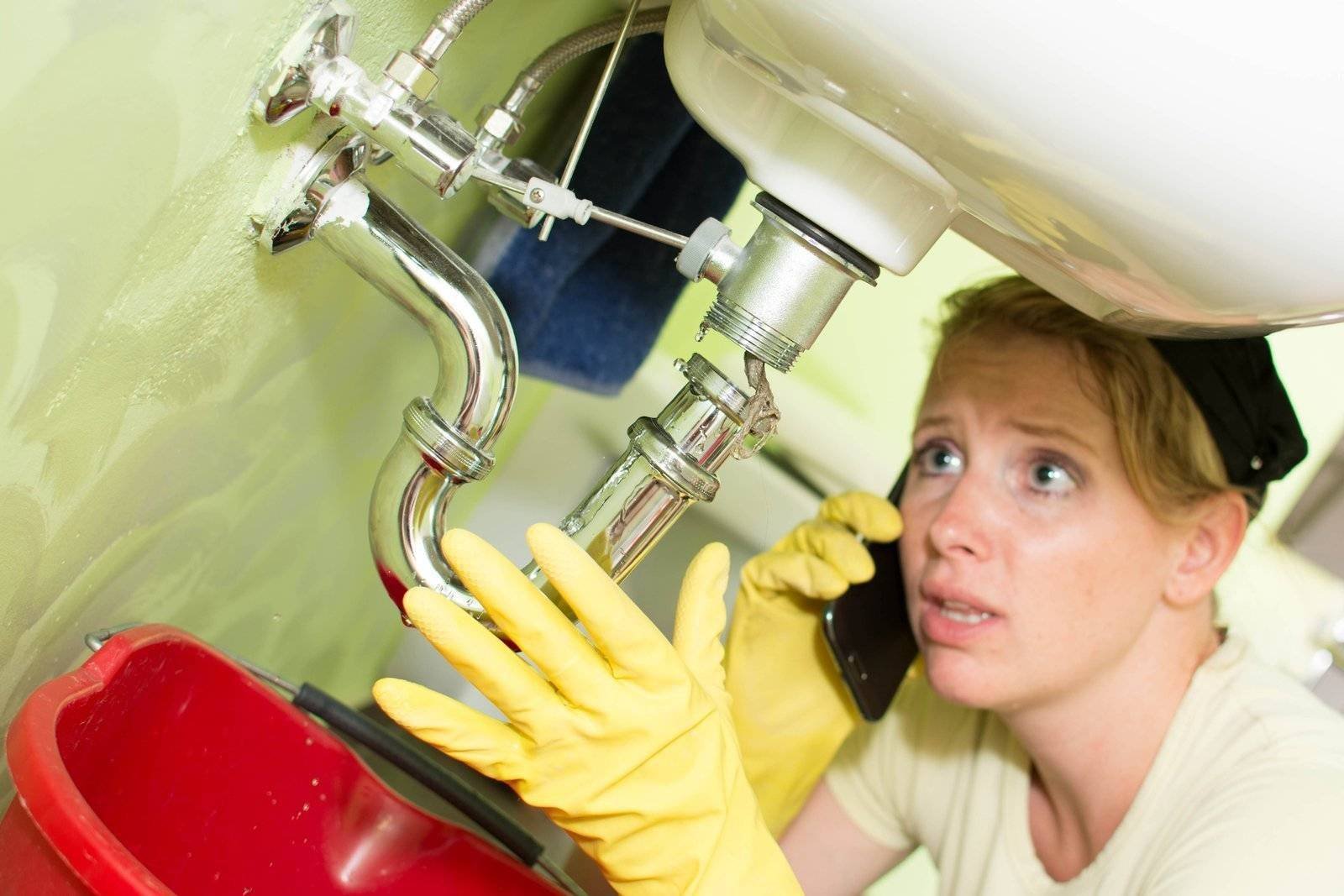
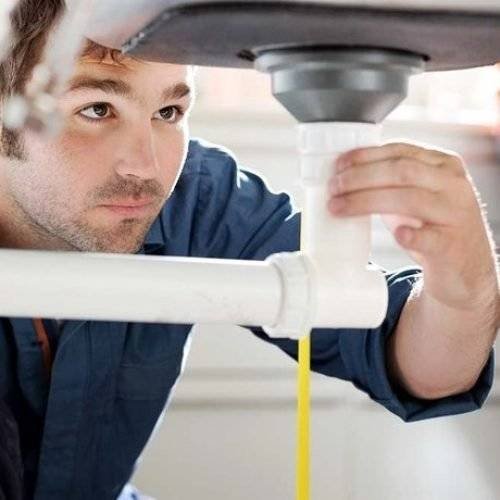
Who Are We?
A Collective of All-Inclusive Home Plumbing and Heating System Professionals
Emergency Plumbing is the leading option for house owners in Bretona dealing with plumbing emergency situations. Key aspects construct a strong foundation of trust with Bretona’s citizens. At the leading edge, Emergency Plumbing prides itself on its team of skillfully trained and accredited plumbers who are always prepared to quickly address any emergency, from dripping pipes to clogged up drain pipes. Their devotion to prompt action and effective solutions stands apart.
Transparency in pricing is another trademark, with a commitment to clear rates without surprise charges. Emergency Plumbing’s track record for quality is backed by radiant reviews from pleased customers, enhancing their promise to customer satisfaction. Armed with extensive experience, cutting-edge innovation, and a track record of reliability, citizens of Bretona can have peace of mind knowing that Emergency Plumbing is geared up to manage their plumbing and heating needs.
How can we help you?
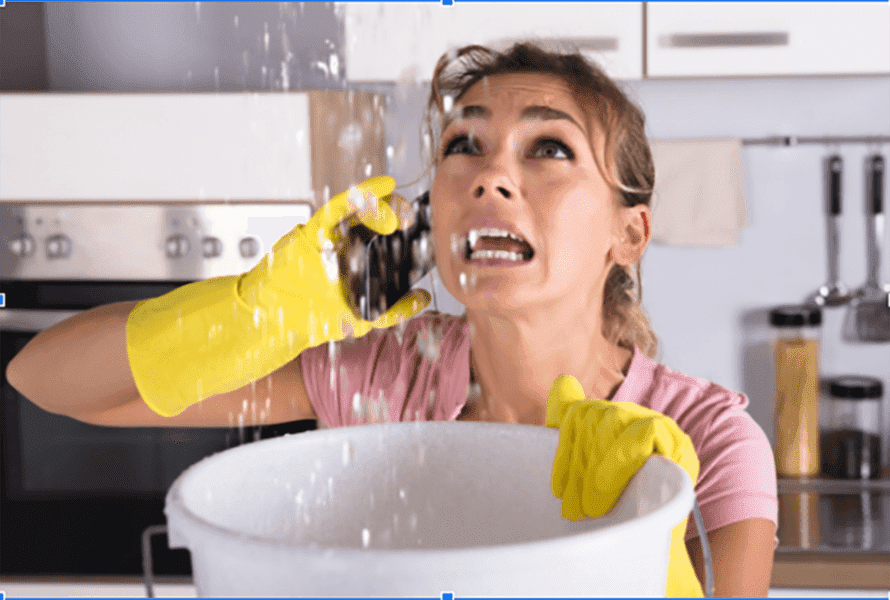
Handbook on Handling Plumbing Crises
Can you remember a pipes emergency that turned a tranquil day into a busy one? Plumbing problems typically look like unforeseen twists in the script of our day-to-day presence – unforeseeable and occasionally disruptive. This manual is crafted to help you in understanding and resolving normal plumbing emergency situations effectively.
Understanding Water Supply Emergencies
What Specifies an Emergency Circumstance?
Not all plumbing problems necessitate emergency action, but specific situations demand timely attention. It‘s akin to comparing a small scrape and a serious injury– the latter necessitates immediate treatment.
Dealing with Burst Pipes
Urgent Measures
A burst pipe is similar to a dam breach. To prevent flooding, rapidly shut off the primary water source.
Containing the Crisis
To secure your home from flood damage, quickly transfer crucial valuables to elevated areas, deploy sandbags or water-absorbing barriers around windows and doors, and switch off the power supply. Quickly eliminate standing water by mopping or utilizing a pump. Taking these steps quickly can significantly lower the impact of flooding, offering essential time till you can get professional assistance or till the floodwater diminishes.
How to Resolve Extreme Leaks
Tracing the Core
In the case of significant leakages, recognizing the origin is essential. This is similar to locating where the smoke is originating from in a fire, as it assists examine the level of the issue.
Prompt Remedies
While awaiting a plumbing professional, employ towels or pails to manage the leak. Consider it as emergency treatment before the professionals get here.
Flooded Lavatories: A Common Horror
Halt the Stream
If your toilet is overflowing, stop the water circulation at the tank’s base or close the valve situated at the back of the toilet. It resembles striking the brakes when you see an obstacle on the road.
The Strength of Plungers
Plungers produce a vacuum seal over drains, utilizing pressure to dislodge blockages. This basic, effective tool can rapidly resolve typical home obstructions in toilets, sinks, and showers, saving house owners from pricey plumbing repair work. By pushing and pulling, the plunger forces blockages to move, clearing the course for water circulation.
Blocked Pipes & Backups
Recognizing the Obstruction
To identify the origin of a drain blockage, begin with an evaluation of frequently utilized outlets such as sinks, toilets, and showers, looking for signs of sluggish draining pipes or back flow that recommend obstructions nearby. Shine a light into drain openings to find any evident obstructions. Take note of any gurgling noises, as these may show deeper obstructions in the piping. Using a plunger can help figure out the level of the obstruction. If the issue stays, utilizing a drain snake or performing a video camera assessment may be required to find and examine the obstruction.
Do-It-Yourself Solutions
Plungers and snakes are effective for minor blockages, removing obstructions in sinks, toilets, and drains. Plungers produce pressure to press obstructions through pipes, while snakes navigate deeper to eliminate debris. These tools fast, low-cost solutions, typically resolving minor blockages without the need for professional intervention.
In situations where
you should
Call
a Specialist.
Assessing the Severity
House owners must rapidly connect to a plumbing professional when dealing with plumbing problems beyond their skill level, consisting of significant leakages, burst pipes, drain backups, persistent blockages, and hot water heater malfunctions. Timely assistance from a professional plumbing can mitigate extensive damage and ensure a safe and efficient resolution to the issue.
Finding a Dependable Plumber
Employing a reputable, skilled, and certified plumbing is crucial for numerous reasons. First of all, their knowledge ensures that plumbing problems are precisely detected and effectively resolved, avoiding prospective damage and pricey repair work. In addition, licensed plumbing professionals follow security standards, reducing the threat of accidents or dangers. Ultimately, turning over the task to a respectable professional offers peace of mind, knowing that the plumbing system remains in capable hands, preserving the stability and performance of your home.
Proactive Steps
Regular Checks and Maintenance
Regular professional plumbing assessments are essential for house owners to promote the structural stability of their residential or commercial property. Skilled plumbing professionals have the knowledge to determine hidden problems in their nascent phases, therefore avoiding pricey repair work and water-related damage. Through thorough assessments, they ensure that leakages, obstructions, or any other issues are quickly resolved, protecting the residence from substantial damage. Moreover, professional inspections boost the effectiveness of the plumbing system, resulting in extended savings on water consumption and costs, while promoting a secure living environment.
Know Your Plumbing
Understanding the essentials of the plumbing system empowers house owners to determine and address minor problems before they intensify, saving cash on repair work. It also facilitates effective interaction with professionals, ensures timely maintenance, and improves water effectiveness, promoting a safer and more sustainable living environment in the long term.
Ensuring Safety: Key Considerations
Water & Electricity: A Risky Combo
House owners need to beware with electrical gadgets near water leakages to prevent shocks or fires. Water’s conductivity raises the threat of electrocution or short circuits. Quickly resolving leakages and keeping electrical appliances away from water lowers dangers, making sure security and protecting against residential or commercial property damage.
Using Tools With Safety
House owners who try DIY plumbing expose themselves to injury by mishandling tools. Abuse can cause cuts, leaks, or stress. Absence of experience may worsen plumbing problems, causing leakages or pipe damage. Improper use of power tools can also result in electrical shocks or accidents. Following security protocols, utilizing tools properly, and using protective gear are essential for decreasing dangers throughout DIY plumbing jobs.
Wrap-up
In wrapping up, while facing plumbing obstacles may seem overwhelming, having the right understanding can significantly reduce the approach. Whether it’s recognizing problems, taking first actions, or knowing when to seek assistance, preparedness is crucial. Regular maintenance and an excellent grasp of your plumbing setup can significantly lower the probability of such problems. So, the next time you come across a pipes hurdle, recall this overview and conduct it with self-confidence. Keep cool, and continue to be cautious about your plumbing — your household will thank you for it!

Guide to Heating Emergencies
Have you ever been in a cold circumstance in the house, where your heating system chooses to take a unforeseen break? It is similar to your car declining to begin on a cold winter morning. Heating emergency situations are severe, especially throughout the cold months. Let us speak about how to deal with these situations wisely and safely.
Identifying a Heating Emergency
Recognizing the Symptoms
Recognizing the signs of a heating emergency in your residence can prevent significant damage and make sure the security and convenience of all residents. One of the most obvious signs is a total lack of heat, specifically throughout winter, which can rapidly end up being a vital issue. Uncommon noises originating from the heater, like banging, whining, or grinding, show mechanical problems that could intensify if not dealt with. A persistent cold draft despite the heating being on, or irregular heating with cold areas in specific areas, also suggests system malfunctions.
The smell of gas or burning when the heating unit is running is an immediate security threat that requires immediate attention to prevent prospective fire dangers or gas poisoning. In addition, frequent cycling of the heating system– switching on and off more often than typical– can be a sign of an inefficient system that may stop working totally without timely repair work. In any of these situations, it’s crucial to contact a professional right away to prevent a full-blown heating emergency.
Understanding the Importance of Quick Reaction
Before a heating system breaks down totally, it normally signals its distress, alerting house owners to underlying problems– think of these signals as your home’s method of signaling for aid. Mastering the art of recognizing these cautions can turn a looming heating catastrophe into a basic repair work task, a crucial competence as temperature levels drop. This guide intends to sharpen your abilities in identifying early signs of heating system problems, from odd noises and irregular heating to abrupt spikes in energy costs. Early detection enables quick fixes, saving both time and finances, and ensuring your home stays warm and safe throughout the winter.
Common Heating Crises
Faulty Furnace
A clear emergency situation occurs your furnace stops working. It’s similar to your home’s heart ceasing to function – urgent action is required to restore heat.
CO Leaks
A silent but deadly hazard, carbon monoxide leaks are serious. If your CO detector alerts, it’s as urgent as a smoke alarm.
Natural Gas Leaks
Smelling gas near your furnace is like noticing smoke – evacuate immediately and seek assistance.
Electrical Issues
Flickering lights or breaker trips when your heating system is operating can indicate electrical problems. It’s like your home’s wiring giving off distress signals.
Measures to Take in a Heating Emergency
Safety #1
If you suspect a gas leak or carbon monoxide presence, leave the area at once. It’s like following a fire drill protocol – priority to safety.
Examine the Issue
Try to pinpoint the issue without risking your safety. It’s like evaluating a car problem before deciding whether to drive it to the garage or get it towed.
Request Expert Help
In many instances, heating emergencies require professional intervention. It’s like seeking the help of a specialized mechanic instead of tinkering with your car’s engine yourself.
Preventative Steps
Routine Maintenance
Regularly servicing your heating system can prevent emergencies. It’s like consistent car maintenance to avoid unexpected breakdowns.
Putting in place Sensors.
Ensure you have functional carbon monoxide and smoke detectors. These are your main protective measures, much like car seatbelts.
Coping with the Cold Until Help Arrives
Alternative Heating Sources
Use safe alternative heating sources like space heaters or wood stoves. It’s like having a spare tire – a short-term fix until you can address the main issue.
Keep Warm
Wear multiple layers, employ blankets, and seal unused rooms to retain heat. It’s like bundling up for a winter hike – preparation is key.
Protecting Your Water Lines
In frigid temperatures, protect your pipes by allowing a slow drip from faucets. It’s like maintaining a gentle flow of water to keep pipes from freezing over, similar to ensuring a car battery stays operational in cold weather.
Prolonged-Strategies
Upgrading The Heating System
Reflect on adopting a more dependable and energy-efficient heating system. It’s akin to swapping an old, inefficient car for a new, more reliable model.
Smart Thermostats
Setting up a smart thermostat can help prevent emergencies by notifying you to problems. It’s like having a home automation system that informs you to safety issues.
In situations where to DIY and When not To
Grasping One’s Boundaries
Though some minor issues can be handled by a competent homeowner, it’s important to recognize when a problem is beyond your DIY skills.
Conclusion
To conclude, handling heating emergencies effectively is all about recognizing the signs, taking prompt action for safety, and calling in professionals when needed. Consistent maintenance and being prepared can help prevent these emergencies. Remember, your home’s heating system is as crucial as any vital system in your life, like your vehicle or your health – it requires attention, care, and sometimes professional intervention. Stay warm, stay safe, and don’t hesitate to seek help when you need it. Here’s to a cozy and trouble-free winter in your home!
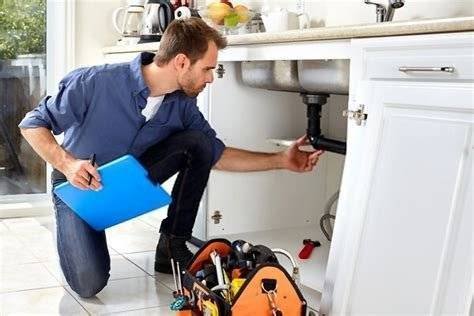
What ways Can You Stop Emergency Plumbing Situations?
Have you ever been in a situation where you had a plumbing emergency, such as a burst pipe, and thought about how you could have avoided it? It’s a bit like wishing you had checked the weather before a sudden downpour. Plumbing emergencies can be a real hassle, but with some proactive measures, many can be prevented. Let’s explore how you can ensure your plumbing remains trouble-free and avoid unexpected plumbing disasters.
Regular Maintenance: The Secret to Proactive Measures
Plan Regular Inspections.
Constant maintenance by a professional is like having your car checked; it can catch problems before they end up being emergency situations. Have a plumbing professional check your system every year to make sure everything remains in great working order.
Do-It-Yourself Check-Ups
For house owners, performing standard plumbing checks is essential for preserving a practical and efficient home system. Routinely inspecting pipes for corrosion or leakages, screening water pressure, and analyzing faucets and toilets for drips or unusual noises can prevent severe problems. Inspecting the performance of sump pumps and water heaters, in addition to making sure that drains are clear and free of obstructions, are also essential jobs. Seasonally, it is essential to verify that outdoor spigots and irrigation systems are in good working order. These basic checks can help prevent pricey repair work, lower water waste, and extend the life expectancy of your plumbing infrastructure.
Pay Attention of What’s Going Down the Drain.
In the Cooking Area
Bewaring about what decreases your kitchen sink is crucial to preserving plumbing health. Avoid disposing of grease, coffee grounds, and food scraps in the sink as these can obstruct pipes and cause backups. Rather, use a compost bin for organic waste and wipe down greasy pans before washing. Executing strainers can also catch debris, avoiding blockages. Taking these safety measures protects your plumbing and lowers the need for pricey repair work.
In the Bathroom
Be aware of what you flush down your toilet to prevent plumbing problems. Toilets are designed just for human waste and toilet paper. Flushing products like wipes (even those labeled “flushable”), sanitary products, cotton bud, and dental floss can cause severe blockages and backups. These products do not disintegrate like toilet paper and can cause pricey repair work. Informing all home members on appropriate toilet usage is crucial to preserving a healthy plumbing system.
Be alert to Alert Signals.
Blocked Drains.
A drain that is draining pipes gradually typically signals underlying plumbing problems that require attention. Indication consist of water pooling around the drain, gurgling noises as water has a hard time to travel through, and unpleasant smells emanating from the drain. These signs recommend obstructions or accumulation within the pipes, such as collected hair, soap residue, or food debris. Regular need for plunging or the use of chemical cleaners can also show an issue. Addressing these signs early by examining traps for debris, utilizing a plumbing professional’s snake, or speaking with an expert can prevent more severe obstructions and prospective water damage from backflow.
Odd Sounds or Odours.
Gurgling sounds or offensive scents can indicate a problem in your plumbing system. It’s comparable to hearing a rattle in your car or smelling something off – symptoms not to be ignored.
Familiarize yourself with Your Central water valve.
Location and Operation
In case of a significant water leak, be aware of where your main water shut-off valve is and how to operate it. It’s like being familiar with operating a fire extinguisher – crucial in an emergency.
Protect Your Water Lines.
Avoiding Pipes from Freezing.
In cold areas, pipe insulation is as important as preparing your car for winter. It can prevent them from freezing and bursting.
Refrain from using harsh chemical drain solutions.
The Stark Reality
Chemical drain cleaners can harm pipes due to their corrosive nature. These cleaners typically contain severe chemicals like sulfuric acid or sodium hydroxide, which can deteriorate the inner lining of pipes, specifically if they’re older or made of plastic or metal. Regular usage increases the threat of leakages and breakages.
Be Careful with DIY Repairs
Know Your Boundaries.
Do it yourself plumbing repair work can save cash but threat incorrect fixes and prospective damage. Experts make sure proper, safe solutions and compliance with local codes, typically offering guarantees and avoiding pricey future problems.
Allocating resources for Enhancements
Up-to-date Fittings
Replacing old components with more efficient ones can prevent typical plumbing problems by decreasing the likelihood of leakages and obstructions. More recent components typically feature innovative designs that boost water circulation and lower wear and tear, eventually conserving water and decreasing maintenance costs in time.
Teach All Members in the Household.
Disseminating Information
Make sure all home members understands the essentials of plumbing care, like not flushing specific products. It resembles educating everybody in the family standard car care ideas.
To Conclude
In summary, avoiding emergency plumbing problems is everything about regular maintenance, understanding your routines, and seeing indication. Just as you take steps to preserve your car or your health, looking after your plumbing system can save you from the tension and cost of emergency situations. Remember, a bit of prevention can go a long way in keeping your plumbing system healthy. Stay vigilant, and those pipes must benefit you well for many years to come!
What are the Indicators of an Approaching Plumbing Problem?
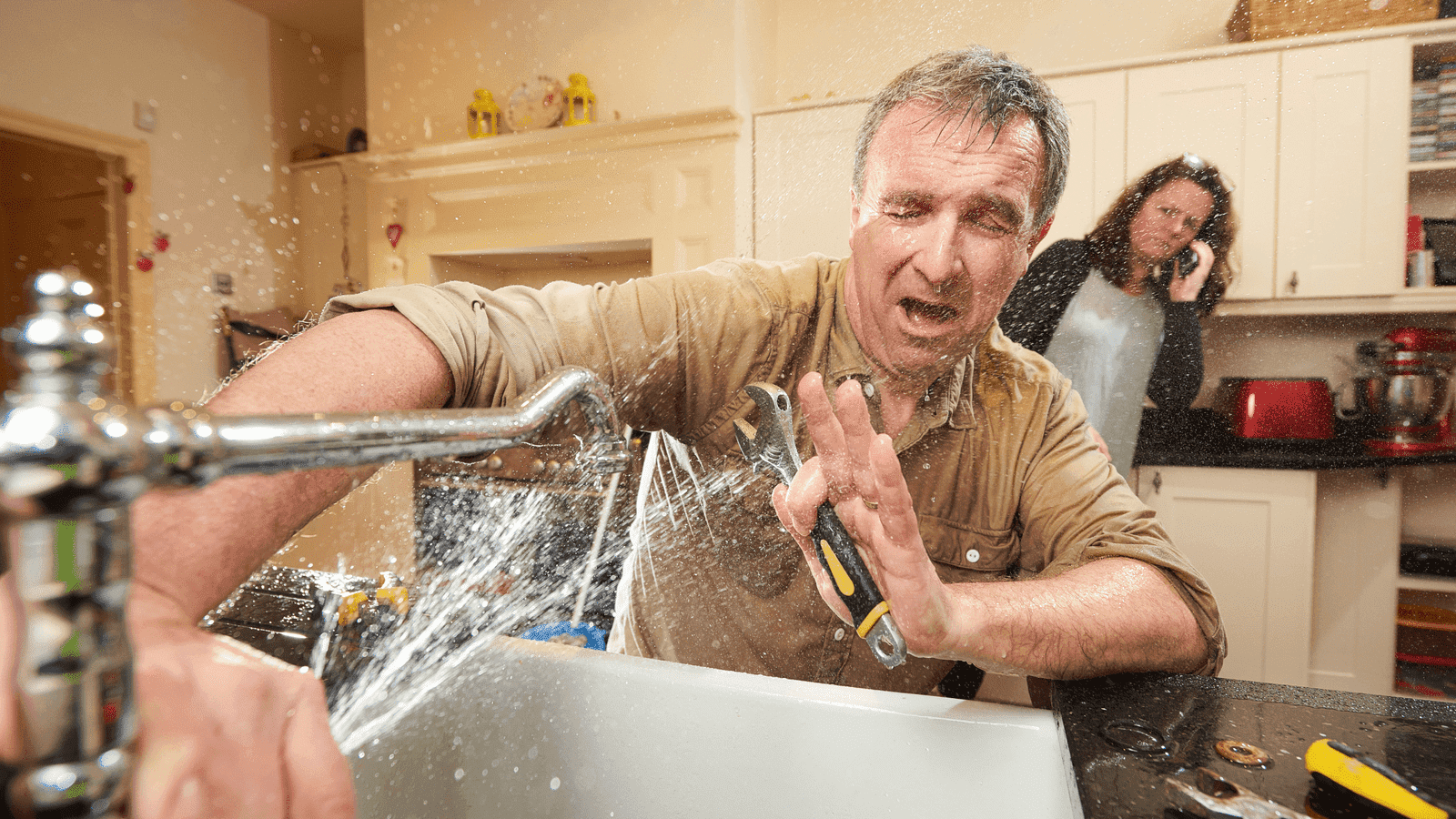 Introduction
Introduction
Ever had that sinking feeling when something’s not quite right with your plumbing? Just like the uncertain check engine light in your car, your home’s plumbing system has its ways of broadcasting distress signals. Identifying these early warning signs can prevent a plumbing disaster. Let’s dive into these tell-tale signs.
1. Slow Draining Basins and Bathtubs
Slow Draining Basins and Bathtubs
When water doesn’t drain quickly, it’s like a congestion in your pipes. Blocked drains often indicate a blockage, which can turn into a major clog if not handled.
2. Bubbling Noises in Sinks
A Piping Orchestra
Noises similar to gurgling in your drainage or toilet systems can be as alarming as strange noises from your car’s engine. This usually indicates air being trapped within the plumbing, signaling an obstruction.
3. Unpleasant Aromas
A Stinky Circumstance
Nasty odours emanating from your drains are like warning smoke – a sign that something’s not right. This could be due to trapped waste decomposing in your pipes.
4. Aqua Pressure Problems
A Drip Impact
Low water pressure can be incredibly discouraging, resulting in inadequate rinsing, extended showering and dishwashing times, and lowered effectiveness of water appliances. It typically makes day-to-day jobs more time-consuming and tough, impacting general convenience and benefit in the home.
5. Discoloured H2O
Undesired Colours within The Water
Finding yellow water flowing from your taps is alarming. This staining typically symbolizes sediment or rust accumulation in the pipes, jeopardizing water quality. Causes range from aging infrastructure to mineral deposits. While normally not harmful, it’s wise to prevent utilizing or consuming tarnished water till the issue is resolved. Contact a plumbing professional to check your plumbing system and consider setting up filters or changing corroded pipes for long-lasting water quality control.
6. Chronic Blockages
A Perpetual Footwear Saga
If you’re repeatedly battling clogs, it’s like continuously fixing the same problem on your car. Ongoing clogs can indicate a more serious issue in your plumbing system.
7. Wet Spots on Surfaces or Overheads
Cryptic Humidity
Wet areas on walls and ceilings are typically indicators of water leakages. Persistent wetness can cause mould growth, structural damage, and peeling paint. It’s crucial to investigate the source quickly and address the underlying issue to prevent additional damage.
8. High Water Charges
A Costly Clue
Increasing water expenses can typically show surprise leakages within your plumbing system or inefficient appliances utilizing excessive water. Routinely checking for leakages and updating to water-efficient components and appliances can help mitigate these unforeseen boosts and save important water resources.
9. Toilets that are leaking
A Never-Ending Flush
A constantly running toilet, a modern-day symphony of wasted water. Its constant trickle echoes through the house, a frustrating tip of untreated leak. Each droplet a small, persistent plea for attention, as gallons spiral down the drain. A haunting presence, quietly increasing energy expenses, and ecological impact.
10. Observable Corrosion on Pipes
Rusty Insights
Rust on pipes is a relentless issue, causing structural weakening and leakages in infrastructure. Elements like wetness, chemicals, and metal structure contribute to corrosion. Preventive measures such as finishes, cathodic protection, and material choice mitigate its impact. Routine assessment and maintenance are crucial to make sure the stability of pipelines.
Preventive Measures : It’s Always Wise to Be Cautious
Routine Check-Ups
Regular plumbing checkups are essential for maintaining the stability of your home and making sure the efficient operation of your plumbing system. These regular inspections help find leakages, determine prospective problems early, and prevent pricey repair work down the line. By proactively resolving problems, house owners can mitigate the threat of water damage and preserve a safe and comfy living environment. Buying routine plumbing checkups is a smart choice that promotes peace of mind and protects the value of your residential or commercial property.
DIY Inspections
Do it yourself plumbing evaluations play an essential function in preserving a practical and efficient household. Routine inspections enable house owners to find and address plumbing problems early on, avoiding pricey repair work and water damage. By performing basic jobs like checking for leakages, inspecting pipe stability, and monitoring water pressure, house owners can determine prospective problems before they intensify. Moreover, DIY evaluations promote a sense of empowerment and self-reliance, enabling individuals to take proactive steps to maintain their home’s infrastructure. Ultimately, investing time in DIY plumbing inspections not just ensures uninterrupted access to tidy water but also promotes a safer and more sustainable living environment for the entire home.
Wrap-Up
In conclusion, being aware of these plumbing warning signs can save you from the hassle and cost of significant repairs. Just as you wouldn’t ignore your car’s warning lights, it’s important not to neglect these signs in your plumbing. Detecting and addressing these early is crucial. Remember, when in doubt, calling a professional plumber can provide peace of mind and ensure your home’s plumbing system stays in top shape . Stay vigilant, stay proactive, and keep those pipes running smoothly!
Have a Plumbing Emergency in Bretona?
Selecting Emergency Plumbing for your plumbing problems suggests opting for trusted, quick service. Our team of knowledgeable professionals can deal with a wide range of plumbing & heating emergency situations, making sure timely and useful solutions. We prioritize your security and convenience, offering 24-hour availability to address urgent needs. Our commitment to quality craftsmanship and customer satisfaction sets us apart, making us a trusted option for fixing your plumbing & heating problems effectively. With Emergency Plumbing, you remain in capable hands.
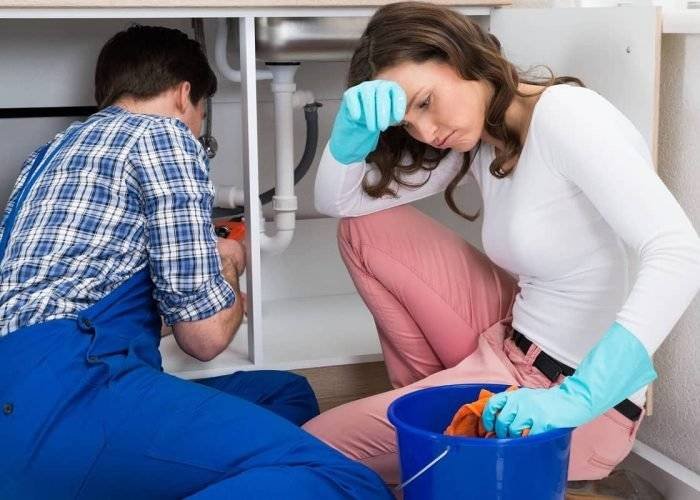
Our Work
